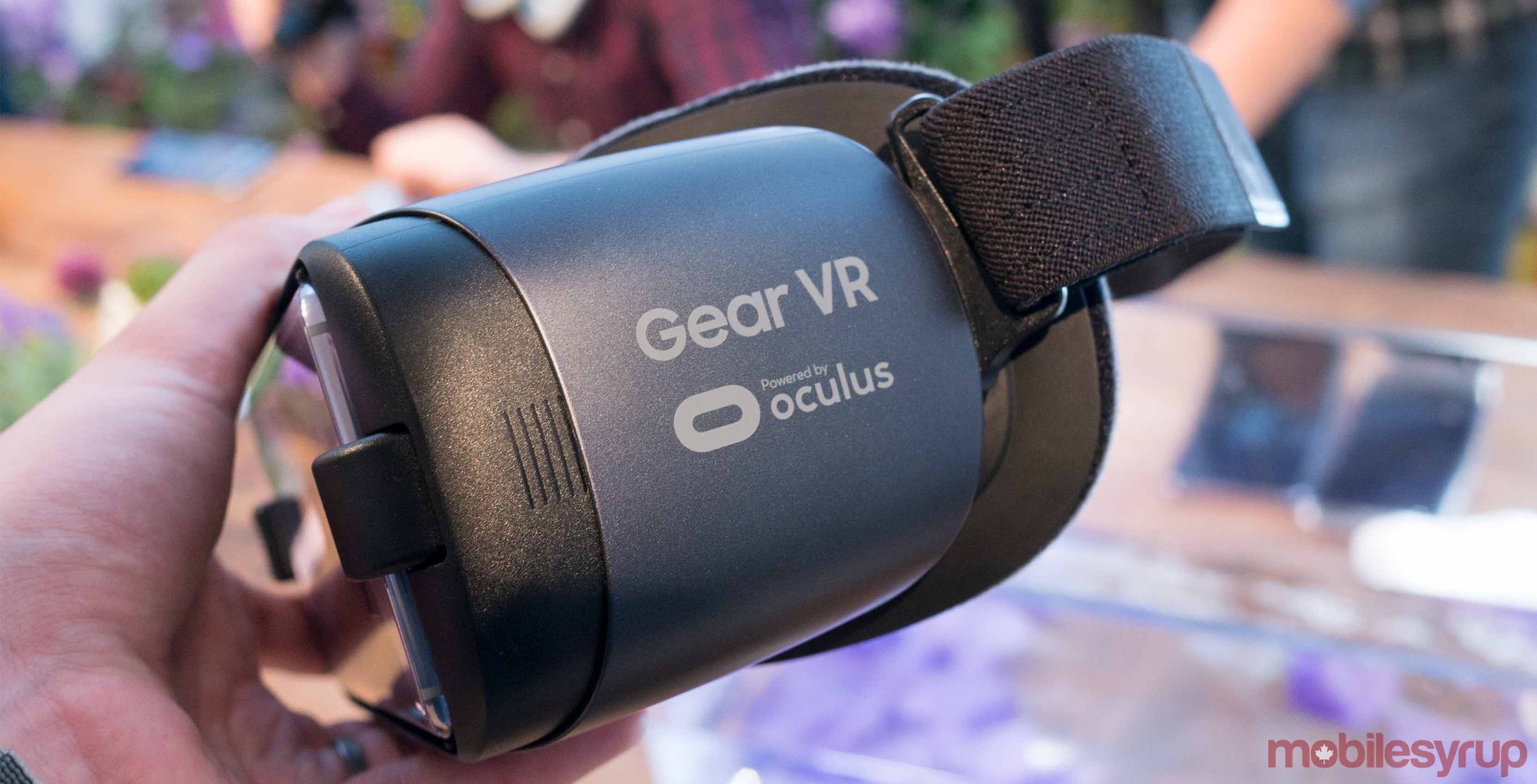
SuperData has released sales figures for the various virtual reality (VR) headsets on the market, revealing that the Samsung Gear VR has sold 782,000 units in the first quarter of 2017. The research firm also estimated that Samsung will hit 6.7 million in 2017.
The various models of the Gear VR cost between $100-200 CAD, as opposed to the starting prices for PlayStation VR VR ($550), the Oculus Rift ($680) and the HTC Vive ($1,149). Stephanie Llamas, head of VR/AR at SuperData, told GamesIndustry.biz that the strong launch of the Samsung Galaxy S8, which is outpacing the S7, will also generate momentum for the Gear VR.
“A large portion of last year’s 4.5 million Gear VR shipments came from S7 pre-orders, so we anticipate the S8’s success will get even more devices into consumers’ hands.” Llamas said that the significantly lower price and larger share of compatible devices (smartphones as opposed to a PlayStation 4 console or higher-end PCs) has helped the Gear VR as well.
The other mobile phone-centred VR headset, Google’s Daydream, sold 170,000 units in Q1 and his expected to reach 3.5 million by the end of 2017. SuperData expects the Daydream to “eventually” present competition for the Gear VR, but not at this time. The Daydream normally retails for about $100.
Interestingly, analysts at the IHS Markit firm had notably different predictions from SuperData. IHS Markit’s new report forecasts 4.1 million units and 2.2 million units sold this year for the Gear VR and Daydream, respectively.
As for the more premium VR headsets, SuperData noted that the HTC Vive outsold Facebook’s Oculus Rift in Q1. Even with a price cut earlier this year, the Rift sold 64,000 units compared to 95,000 for the Vive. For the full year, SuperData anticipates Vive sales of 553,000 and Rift sales of 346,000 units.
“It’s not about price,” Llamas said of the higher Vive sales. “Facebook is a digital services company, not a hardware company. Oculus is a brand new OEM [original equipment manufacturer]. The manufacturing challenges have proven enormous for them.”
She noted that bad press for Facebook may have also had a hand in it, such as accusations in a lawsuit from games company Zenimax that the Oculus headset was built using stolen intellectual property. Facebook ultimately lost the legal battle and was ordered to pay out $500 million to Zenimax.
Finally, Llamas said that HTC Vive’s “VR-first” mentality was more appealing to consumers than the closed ecosystem of the Oculus. “HTC Vive didn’t get as caught up in focusing on games either – they have long supported all aspects of VR development, so Oculus is behind them there,” she said.
Llamas also cited a focus on all areas of VR for solid PlayStation VR sales. SuperData said Sony sold 375,000 units in Q1 and predicts overall 2017 sales of 2.6 million in 2017. “Sony has been more vocal about the PSVR being about VR, not games. They are working with companies for commercial applications, even though it is not the obvious first choice,” Llamas told GamesIndustry.biz. “But even the PlayStation is part of a larger effort to bring an entertainment ecosystem into the home – not just gaming experiences. They are going to the same route with the PSVR.”
Indeed, at Mobile World Congress in March, Sony president Kaz Hirai said that the company is committed to VR in all spaces, not just gaming.
Source: GamesIndustry.biz
MobileSyrup may earn a commission from purchases made via our links, which helps fund the journalism we provide free on our website. These links do not influence our editorial content. Support us here.


